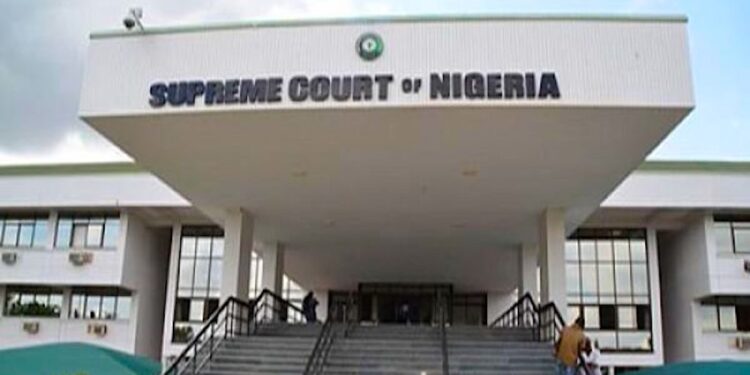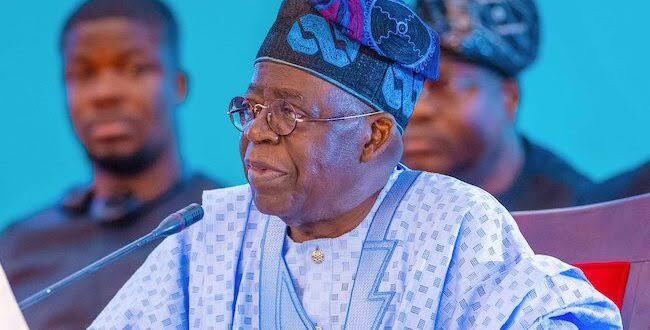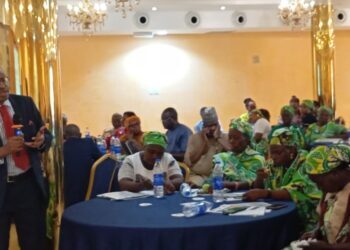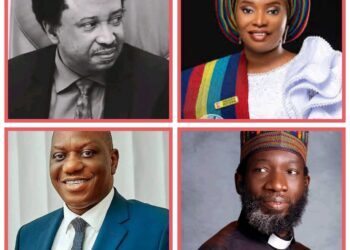The Kano State chapter of the Northern Awareness Network (NAN), has expressed solidarity with the recent ruling of the Federal High Court in Kano, which set aside the Kano State Emirate Law 2024.
This law had dissolved the five Emirates in Kano State, causing significant controversy and upheaval within the region.
In a statement released by NAN chairman for Kano State, Sani Abubakar, the organization expressed its satisfaction with the court’s decision to dismiss all actions taken by the Kano State Government to repeal the Kano Emirates Council Law which was relied upon by the state to dethrone the 15th Emir of Kano, Ado Bayero, and four others.
NAN described the ruling as a significant step in restoring honor and integrity to the traditional institution. The organization has highlighted the importance of upholding the rule of law and constitutionalism in order to prevent political manipulation of traditional institutions.
It recalled that traditionally, the traditional institution has held a revered and respected position in Nigerian society but in recent years, there have been instances of political interference and manipulation of traditional rulers for political gain. This has not only tarnished the reputation of traditional rulers but has also undermined their ability to serve as unbiased and impartial leaders within their communities.
“The court’s ruling is a pivotal moment in addressing these challenges and restoring the honor and dignity of the traditional institution. By upholding the rule of law and constitutionalism, the court has sent a clear message that traditional rulers should be free from political manipulation and interference. This decision will help to ensure that traditional rulers can continue to fulfill their roles as custodians of tradition, culture, and community leadership without outside influence.
“Moving forward, it is important for all stakeholders to respect the independence and integrity of the traditional institution. By upholding the rule of law and constitutionalism, we can safeguard the honor and reputation of traditional rulers and ensure that they continue to play a vital role in promoting peace, unity, and development within Nigerian society,” the NAN statement said.
NAN issued a call to the Kano State government and Sunusi Lamido to abide by the court’s decision, urging them to respect the sanctity of the legal system. “This court decision should serve as a reminder to politicians that traditional institutions are to be revered, not tarnished,” stated Suleiman.









